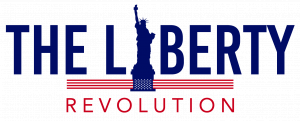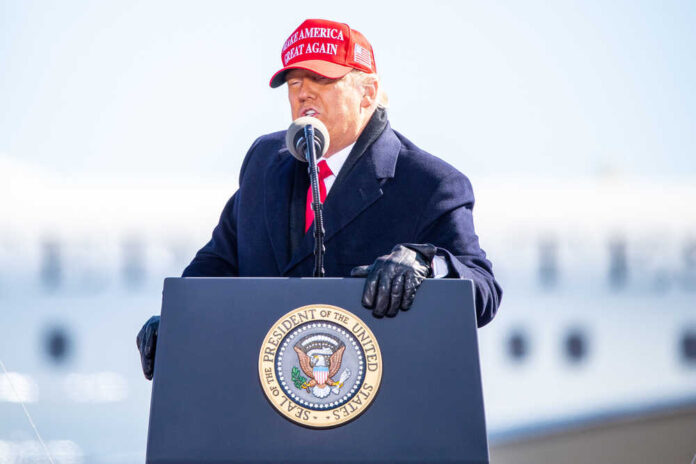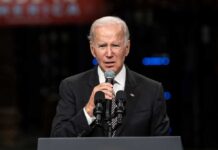According to reports, Former President Donald Trump disregarded his attorneys’ advice to seek a settlement with the Justice Department to evade federal charges.
Instead, he heeded the counsel of conservative legal activist Tom Fitton, the President of Judicial Watch, and others who urged him to retain the classified documents and confront the government prosecutors legally.
One of Trump’s attorneys, Christopher Kise, had considered exploring the possibility of a quiet negotiation with the Justice Department last autumn, hoping to dissuade Attorney General Merrick Garland and the agency from pressing charges against the former president.
However, Trump, influenced by other attorneys advocating for a more aggressive approach, declined the idea, leading Kise to abstain from presenting his proposal to the prosecutors.
During the previous year, Trump returned 15 boxes of classified documents but retained at least 64 at his residence.
Fitton and his associates convinced Trump that he possessed the legal right to keep these documents and encouraged him to contest the federal government’s actions.
As part of his argument, Fitton frequently referred to Judicial Watch’s failed lawsuit, known as the “Clinton socks case,” which involved Bill Clinton keeping tapes in his White House sock drawer.
This case sought to compel the transfer of the recordings to the National Archives for preservation as presidential records.
Recently, a 37-count indictment was unsealed against Trump, charging him with conspiracy to obstruct justice, making false statements, and violating the Espionage Act, among other offenses.
Fitton expressed his confusion regarding the alleged conspiracy and found the charges perplexing.
He viewed the situation as a trap, claiming that the government had no legitimate reason to request the records and had manufactured an obstruction charge.
Fitton also highlighted that the indictment conveniently avoided addressing crucial constitutional issues, and he believed the obstruction charge to be weak.
Fitton took to Twitter on Thursday morning to criticize The Washington Post’s article.
In his tweet, he denounced the story, suggesting that it portrayed Trump as deserving of mistreatment from the Biden Department of Justice simply because he voiced objections against their actions.















